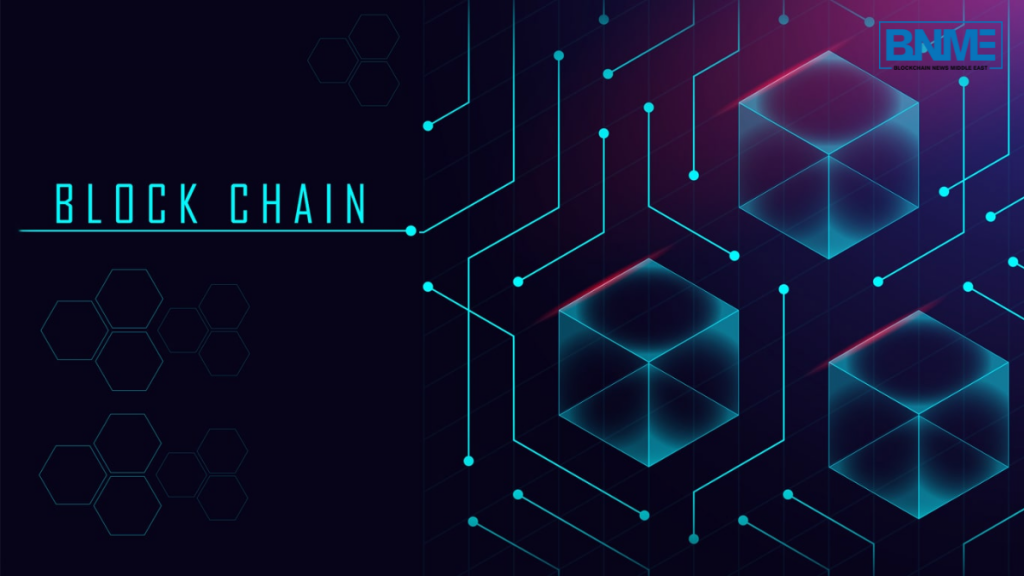The relevance of the blockchain is often questioned. Here, we shall consider its relevance to the Metaverse. The blockchain is a shared, unchangeable digital ledger or database that records transactions and tracks assets. The main difference between a blockchain and a database is the data structure. Blockchain stores information in groups called blocks. Each block has a storage capacity that, when filled, is linked to other previously filled blocks that eventually form a chain of data known as the blockchain. The data structure of a blockchain makes the data stored immutable, unlike a typical database that can be changed. Although the blockchain is commonly associated with cryptocurrency, such as Bitcoin, the technology can be applied in multiple ways.
The Metaverse is a shared virtual reality that allows people to exist in a fully 3D virtual space. Far from complete, the Metaverse faces several challenges. Amongst its biggest obstacles is a financial system that can cater to the Metaverse. Although the traditional financial system has a proper structure, it is too limited for Metaverse usage. However, blockchain technology offers more flexibility to the Metaverse. For instance, smart contracts will enable avatars to make binding contracts without external participants. The blockchain is also faster, more accurate, and more transparent than traditional banking. In a virtual reality where each person is their protagonist, having a decentralized financial system such as the blockchain is vital.
Benefits of the blockchain to the Metaverse.
Find out below the particular benefits of the blockchain to the Metaverse.
Financial Payment
A fully functional metaverse will likely require its exchange system since people or avatars in the Metaverse might engage in actual trading amongst each other. The blockchain is a financial payment system that can serve this purpose. Avatars can transact in digital currencies easily in the metaverse system. Blockchain can make financial exchange faster and cheaper. The blockchain is also transparent, so it will likely be fair to all parties. Although cryptocurrencies might be best equipped to work as a financial payment system, other uses of the blockchain might also have use for financial payment. For instance, DeFi may provide banking services such as virtual lending, borrowing, and investing with the Metaverse.
Unique Assets
Another benefit that blockchain technology brings to the Metaverse is the NFTs. Non-fungible tokens (NFTs) are ‘one-of-a-kind’ assets in the digital world that can be in multiple forms, such as music, art, or even a house. The most important part of an NFT is they have unique identifying codes. A Metaverse problem would be establishing ownership of assets in the Metaverse. It is possible to make duplicates of these items using typical digital files. Also, digital items typically fail to confer actual ownership of the items. Using NFTs, the Metaverse can create unique items that confer real ownership to Avatars in the Metaverse. This essentially creates a necessary principle of economics – scarcity. Scarcity creates value in the Metaverse.
In Game Assets
The gaming industry and its development are critical elements of the Metaverse. Few speculate that through the use of blockchain technology, it might be possible for players to earn real money. In virtual reality, a game might appear more as an adventure than just a game. Completing tasks and clearing challenges can create rewards which can either be an internal game currency or some assets. Either can be transferred to another for the game currency or real currencies. Through the blockchain, the in-game assets can even be secured for the future.
Self-Identity Authentication
In most countries, each person has a financial identification number. This identity is an essential method of authentication and continuity. The blockchain in the Metaverse will allow each individual to have a digital identity that can establish continuity for each avatar. The digital identity need not be connected to the person’s real-life identity. It will also motivate continuity with an avatar rather than a proliferation of multiple avatars. Most challenges in the Metaverse will likely mirror our current challenges on the internet. The self-identity can protect against fraud and other illegal activities. This will also provide transparency to all participants of the Metaverse.
Conclusion
Although both the Metaverse and blockchain technology are vast concepts that exist separately and individually, these two concepts are intertwined. Blockchain technology will likely part a prominent role in the Metaverse. Since a functional metaverse will require its financial system, blockchain is the most suitable system to serve the Metaverse. There are already many uses for the blockchain in the Metaverse, and more benefits will develop in the future.


























